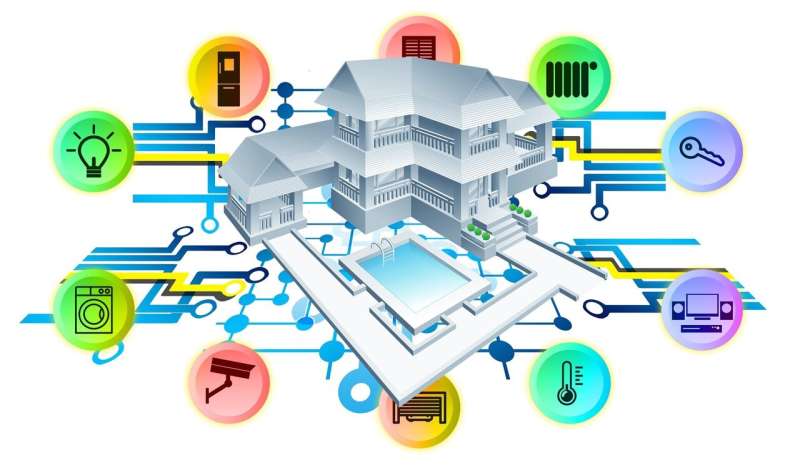The number of single-person households in South Korea has exceeded 8 million, accounting for 36% of the total, marking an all-time high. A Seoul Metropolitan Government survey found that 62% of single-person households experience loneliness, deepening feelings of isolation and mental health issues.
The KAIST researchers have gone beyond the limitations of smartphones and wearables, utilizing in-home IoT data to reveal that a disruption in daily rhythm is a key indicator of worsening mental health. This research is expected to lay the foundation for developing personalized mental health care management systems.
Consistent self-monitoring is important for mental health management, but existing smartphone- or wearable-based tracking methods have the limitation of data loss when the user is not wearing or carrying the device inside the home.

